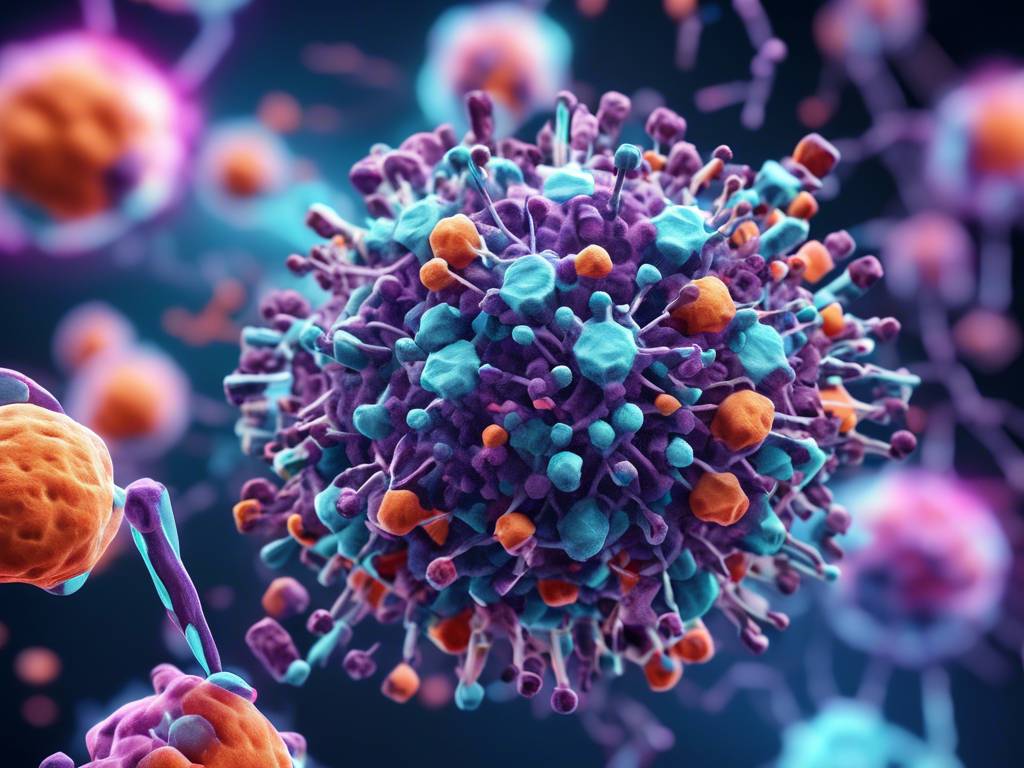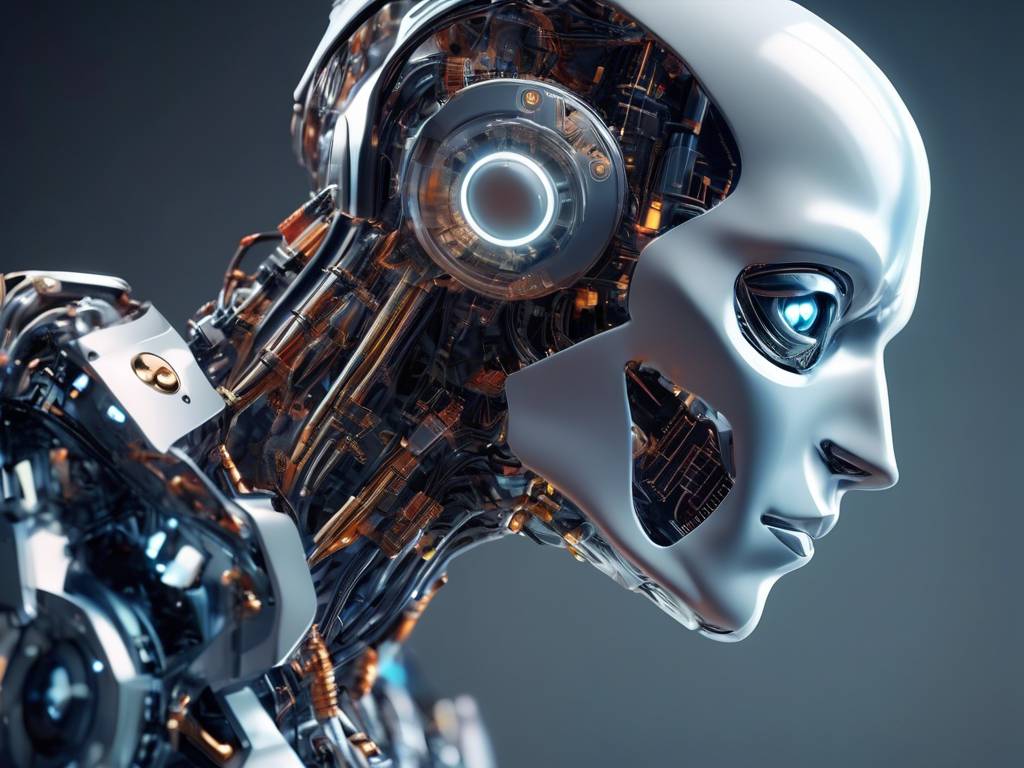Is AI Ready for Use in Science? A Closer Look at AI’s Role in Science
Many believe that AI has the potential to revolutionize the world of science. However, the question remains: is AI truly ready for use in scientific endeavors? Stephen Wolfram, Chairman of Wolfram, recently discussed this topic in detail, shedding light on the current limitations of AI in the field of science. Here, we explore the key points raised by Wolfram regarding AI’s readiness for use in scientific applications and how we can bridge the gap to harness the full potential of AI in the sciences.
Challenges in Prediction and Computation
When it comes to using AI for scientific purposes, one of the primary goals is to predict outcomes in various systems. However, Wolfram highlights a key challenge faced by current AI systems in making accurate predictions. He notes that while AI excels in certain areas, there are limitations when it comes to systems with complex computational requirements. Here are some key takeaways on the challenges faced by AI in predictive tasks:
- AI struggles with predicting outcomes in systems with significant computational complexity.
- Current AI systems are limited to shallow computations, hindering their predictive capabilities in complex systems.
- AI often fails in extrapolating data accurately, leading to subpar predictions in scientific contexts.
The Role of Language in AI Success
Despite the challenges AI faces in predictive tasks, Wolfram highlights the success of AI, particularly in language-related applications. He notes that AI’s triumphs in language-related tasks stem from the regularity and simplicity found in language constructs. Here are some key insights into the role of language in AI’s success:
- AI excels in language-related tasks due to the inherent regularity and simplicity found in language constructs.
- The success of chatbots like GPT highlights the manageable complexity of language, enabling AI to perform well in these areas.
- In contrast to the computational complexity of predictive tasks, language tasks present a more straightforward challenge for AI systems.
Exploring the Computational Universe
Wolfram delves into the vast possibilities offered by computational exploration and the role of AI in navigating this universe. He emphasizes the importance of human intervention in guiding AI towards exploring relevant computational possibilities. Here are the key points regarding the computational space and AI’s role in exploration:
- AI, left unchecked, can venture into vast computational spaces, but human intervention is crucial in steering AI towards relevant and meaningful discoveries.
- The future of AI lies in exploring the computational space of possibilities that align with human interests and goals.
- Humans play a pivotal role in selecting and pursuing computational directions that hold value and significance in the scientific domain.
Building Tools for AI Empowerment in Science
As we navigate the complexities of AI adoption in scientific endeavors, Wolfram emphasizes the importance of building computational tools that empower AI in augmenting human capabilities. He discusses the development of computational languages and tools that enable AI to extend and enhance human cognitive abilities. Here are the key insights into building tools for AI empowerment in science:
- Advancements in computational languages like Wolfram Language provide AI with the necessary tools to enhance human cognitive abilities.
- A computational language acts as a bridge between human cognition and machine intelligence, facilitating collaboration and amplifying problem-solving capabilities.
- By leveraging computational tools, AI can augment human capabilities in science, enabling comprehensive exploration and analysis of complex systems.
The Quest for AI Tutoring and Learning Systems
Wolfram emphasizes the need for AI tutoring systems that leverage computational tools to enhance learning experiences. He underscores the importance of symbiotic relationships between humans and AI in the educational landscape. Here are the key points regarding the fusion of AI and human cognition in education:
- AI tutoring systems can optimize learning experiences by integrating computational tools that enhance problem-solving and knowledge acquisition.
- Collaborative efforts between humans and AI in education can lead to personalized learning environments that cater to individual learning needs.
- AI’s role in education transcends traditional teaching methods, offering dynamic and adaptive learning experiences that empower students and educators alike.
Hot Take: Facilitating AI’s Integration into Scientific Discovery
As we navigate the evolving landscape of AI integration in scientific discovery, bridging the gap between AI capabilities and human ingenuity remains a critical endeavor. By leveraging computational tools, fostering collaborative AI-human partnerships, and steering AI towards meaningful exploration, we can pave the way for transformative advancements in scientific endeavors. The synergy between AI and human cognition holds immense potential for unlocking new frontiers in science and innovation.





 By
By
 By
By
 By
By
 By
By
